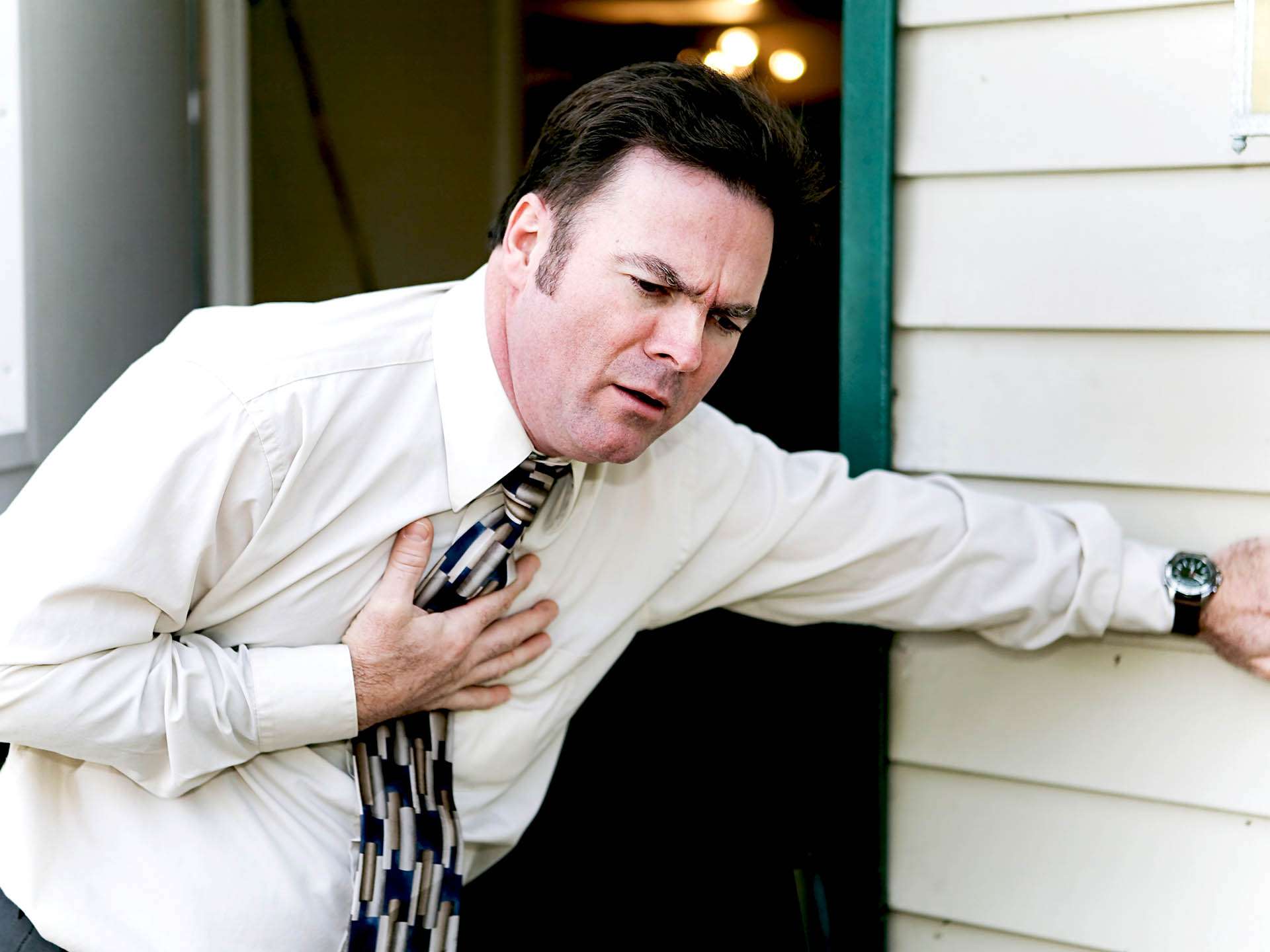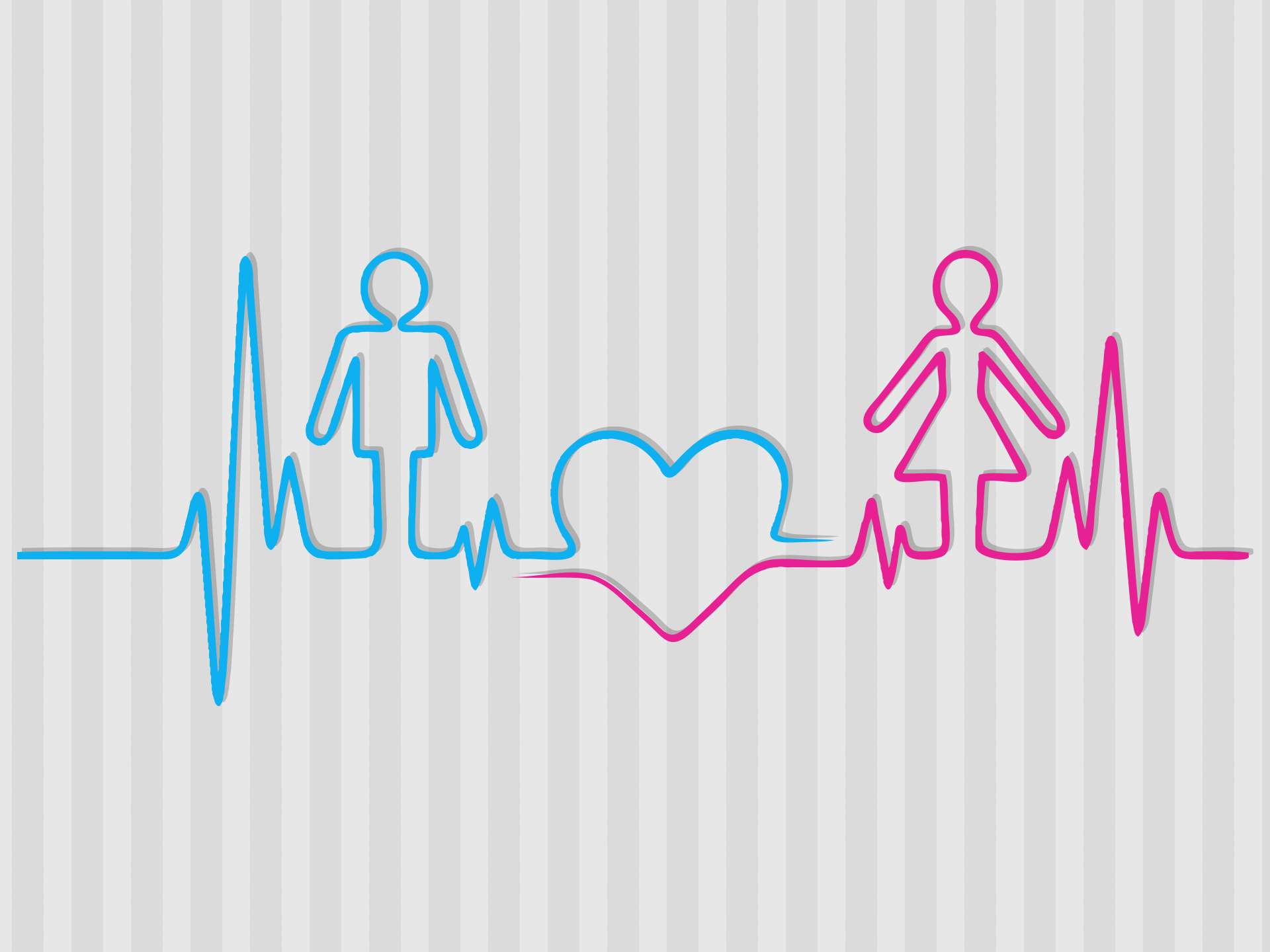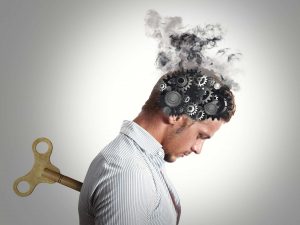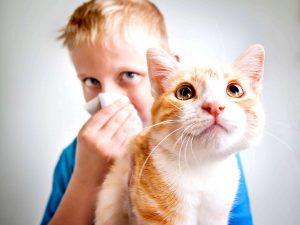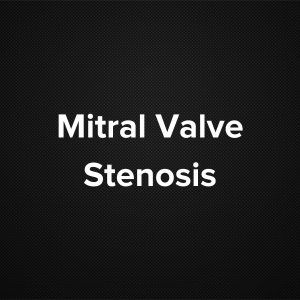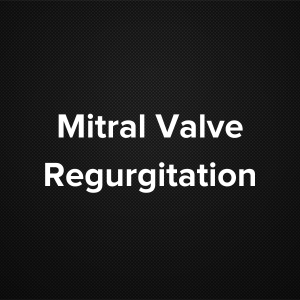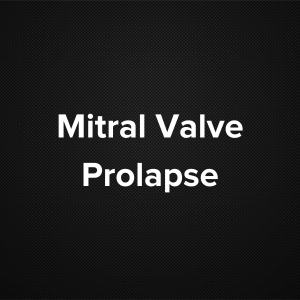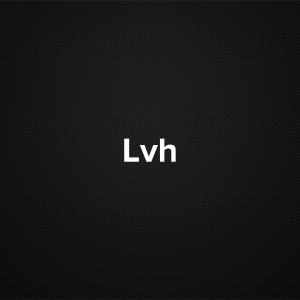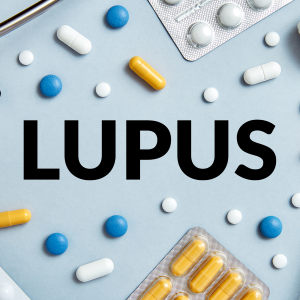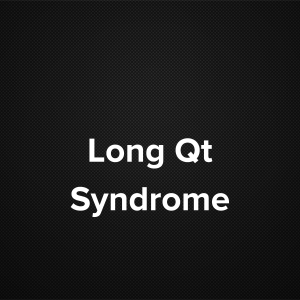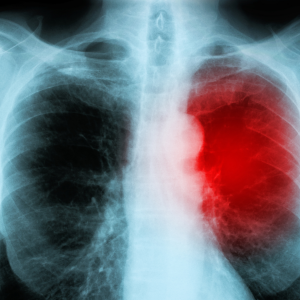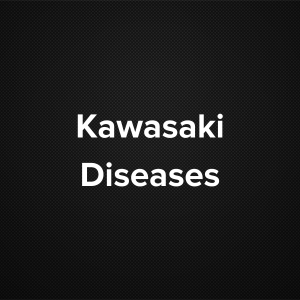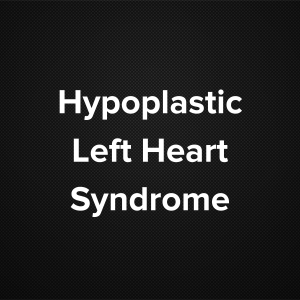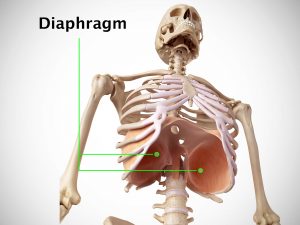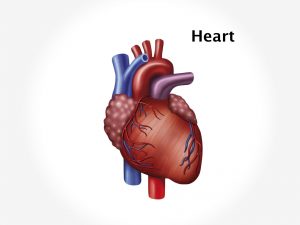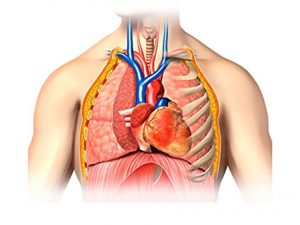Causes –
Many things can cause heart palpitations. In the vast majority of cases, the cause is either related to your heart or is unknown. Non-heart-related causes of palpitations include:
- Strong emotions such as anxiety, fear, or stress; palpitations often occur during panic attacks and can lead to palpitations.
- Vigorous physical activity can make your heart beat faster than normal to match the requirements of the body.
- Caffeine, nicotine, alcohol, or illegal street drugs such as cocaine and amphetamines can stimulate the nerve endings of the heart and make it beat faster.
- Medical conditions, including thyroid disease, low blood sugar level, anemia, low blood pressure, fever, and dehydration can be a cause for the heart beating faster.
- Hormonal changes during menstruation, pregnancy, or the perimenopausal period; sometimes, palpitations during pregnancy are signs of anemia.
- Medications, including diet pills, decongestants, asthma inhalers, and some drugs used to prevent arrhythmias (a serious heart rhythm problem) or treat an underactive thyroid can cause irregular heartbeats.
- Certain herbal and nutritional supplements can make your heart beat faster.
- Abnormal electrolyte levels, especially altered potassium levels can cause palpitation.
Palpitations can be worrisome, but they are usually harmless. They indicate that your heart is pumping effectively, albeit a little faster. In rare cases, palpitations can be caused by diseases like arrhythmias.
Palpitations do not only mean increased heartbeats. Skipped beats, fluttering heartbeats, and a normal heartbeat with more than normal thumping can also be included under palpitations.
Palpitations are usually infrequent and subside on their own. Loosening the clothes around the chest and neck, lying down in a cool spot, and drinking something refreshing are helpful in relaxing and stabilizing the heartbeats. However, if you have dizziness, chest pain, difficulty in breathing along with the palpitations, then it is essential you get medical attention as soon as possible. In fact, palpitations alone can be a reason for you to visit your doctor if you are known to suffer from heart diseases.
